Home >Operation and Maintenance >Safety >How to deploy Web Application Firewall JXWAF
How to deploy Web Application Firewall JXWAF
- WBOYforward
- 2023-05-29 16:47:161418browse
JXWAFOverview
JXWAF is an open source web application firewall that can be used to protect against SQL injection vulnerabilities, XSS vulnerabilities, command execution breaches, etc. Common OWASP attacks, CC attacks, etc., to avoid website data leakage and ensure website availability and security.
Functional features
1. Web application attack protection
Based on semantic recognition protection engine to defend against SQL injection, XSS attack, Webshell addition, Directory traversal extensions, command injection, scan protection, and more.
2. Intelligent protection against CC attacks
Controls the access frequency of a single source IP and provides comprehensive protection based on the number of accesses per unit time. The human-machine recognition algorithm specially developed for CC attack protection can intelligently switch protection modes according to business load, and is especially suitable for protecting against massive IP slow request attacks. By realizing automatic blocking and automatic unblocking, the IP addresses of malicious attacks can be managed without human intervention, which can effectively reduce operating costs.
3. Custom rule protection
Supports condition combinations of commonly used HTTP segments such as IP, URL, BODY, User-Agent, etc., and supports protection scenarios such as hotlink protection and website background protection.
4. IP black and white list
The difference between quickly adding a black and white list and adding an IP black and white list for custom rule protection is that the IP black and white list can be added in large quantities through hash matching, and has basically no impact on performance. Influence.
5. Regional ban
Banning is based on the country or region to which the IP belongs.
6. Interception page customization
You can customize the page to improve user experience.
Application Scenario
JXWAF is developed based on openresty (nginx lua) and supports cloud native deployment. Users can deploy JXWAF to Alibaba Cloud, Tencent Cloud or a server in a self-built computer room, that is, it can be used independently Deployment, you can also utilize the deployment, and use load balancing or dns to build a private cloud WAF deployment. Supports protection of HTTP, HTTPS, and HTTP2 traffic of the website, and supports deployment, embedded deployment, cloud WAF deployment, and partition deployment.
JXWAF can help you solve the following problems:
Prevent data leakage and avoid core data of the website caused by injection expansion, command execution interruption, etc. offset. CC attack protection, blocks malicious requests and ensures website availability. Business security protection.
Step1:Install environment dependencies

Step2:Download openresty

Step3:Unzip openresty

Step4:Switch to the openresty directory and view

#Step5:Compile and install openresty
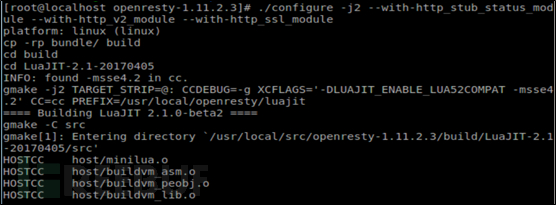
# #Step6:Compile and install

Edit configuration environment variables
 ##Step8:
##Step8:
Add configuration environment variables
 Step9:
Step9:
Effective immediately
 ##Step10:WAF
##Step10:WAF
##Step11: Switch to Under the jxwaf directory
Switch to Under the jxwaf directory
Step12: Give running permission
Give running permission
Step13: Run install.waf.sh installation script
Run install.waf.sh installation script

Step14:Openwww.jxwaf.comClick to log in, Then click Register and fill in the electronic fuel tank and picture verification code
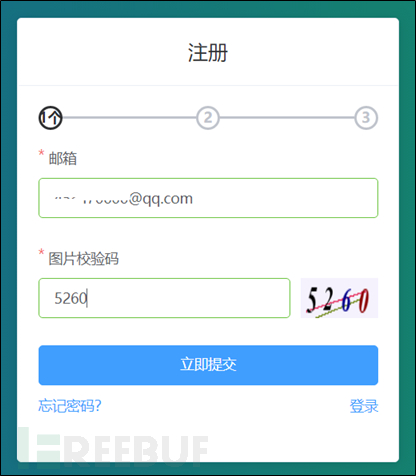
Step15:Fill in your email and password , and the verification code of the receiving email address
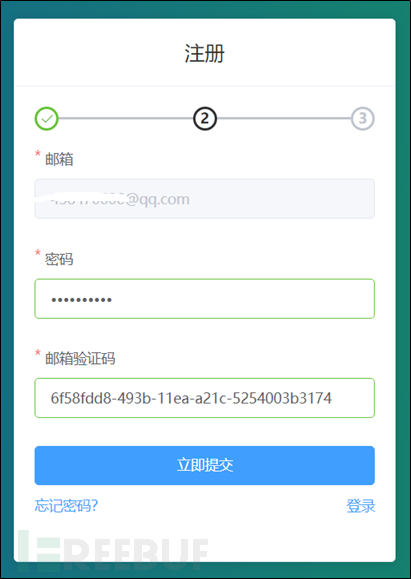
##Step16:Registration successful
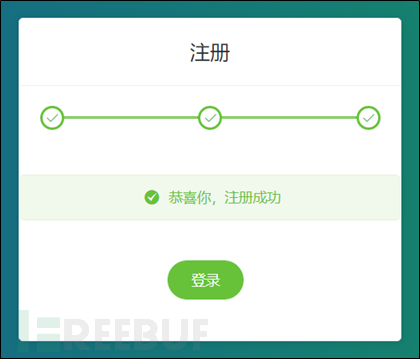
Step17:Use the registered account to log in to the backend, Copy the api and email verification codes separately .
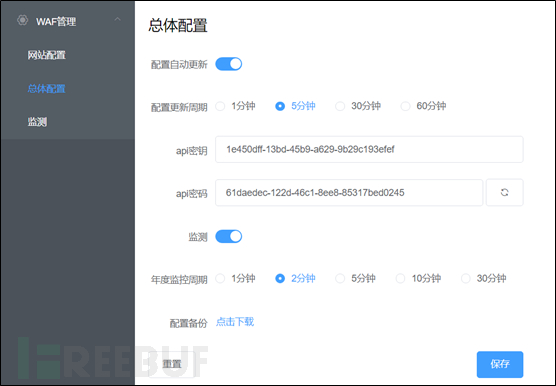
Switch to the tools directory

Configure the api key value and api password value

Run nginx
 ##S
##S
tep21:Enter the background to add the website domain name or IP address
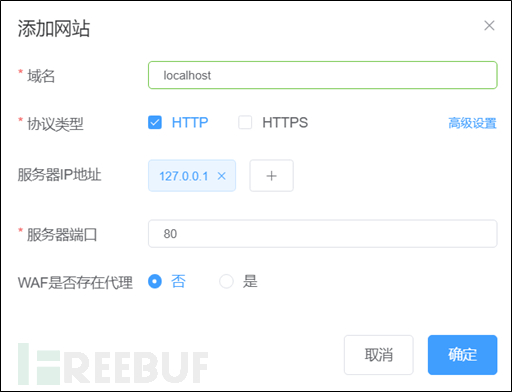 ##Step22:
##Step22:
##Through personal experience, installation and deployment on the local client, you first need to install the dependent installation package and web server nginx support, because this application firewall There are many modules that require their linkage. JXWAF is configured through the console or a script in the tools directory. Start openresty to reload the jxwaf management center to pull the latest rules configured by the user to complete the entire website protection process. 
The above is the detailed content of How to deploy Web Application Firewall JXWAF. For more information, please follow other related articles on the PHP Chinese website!

